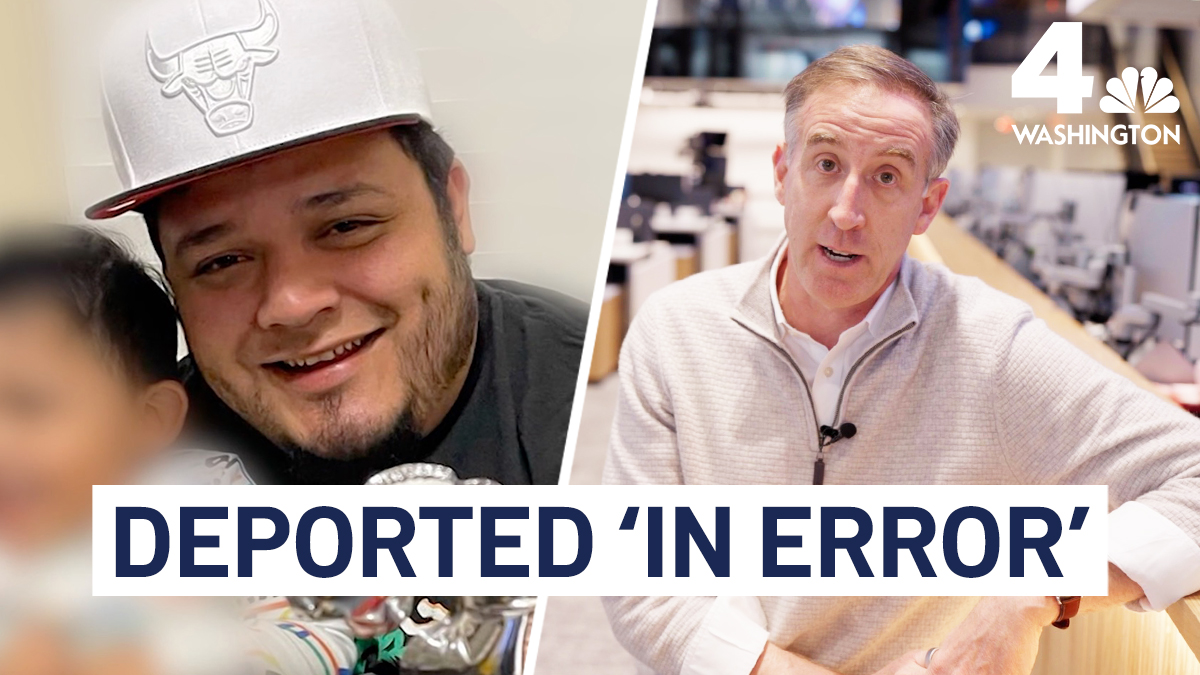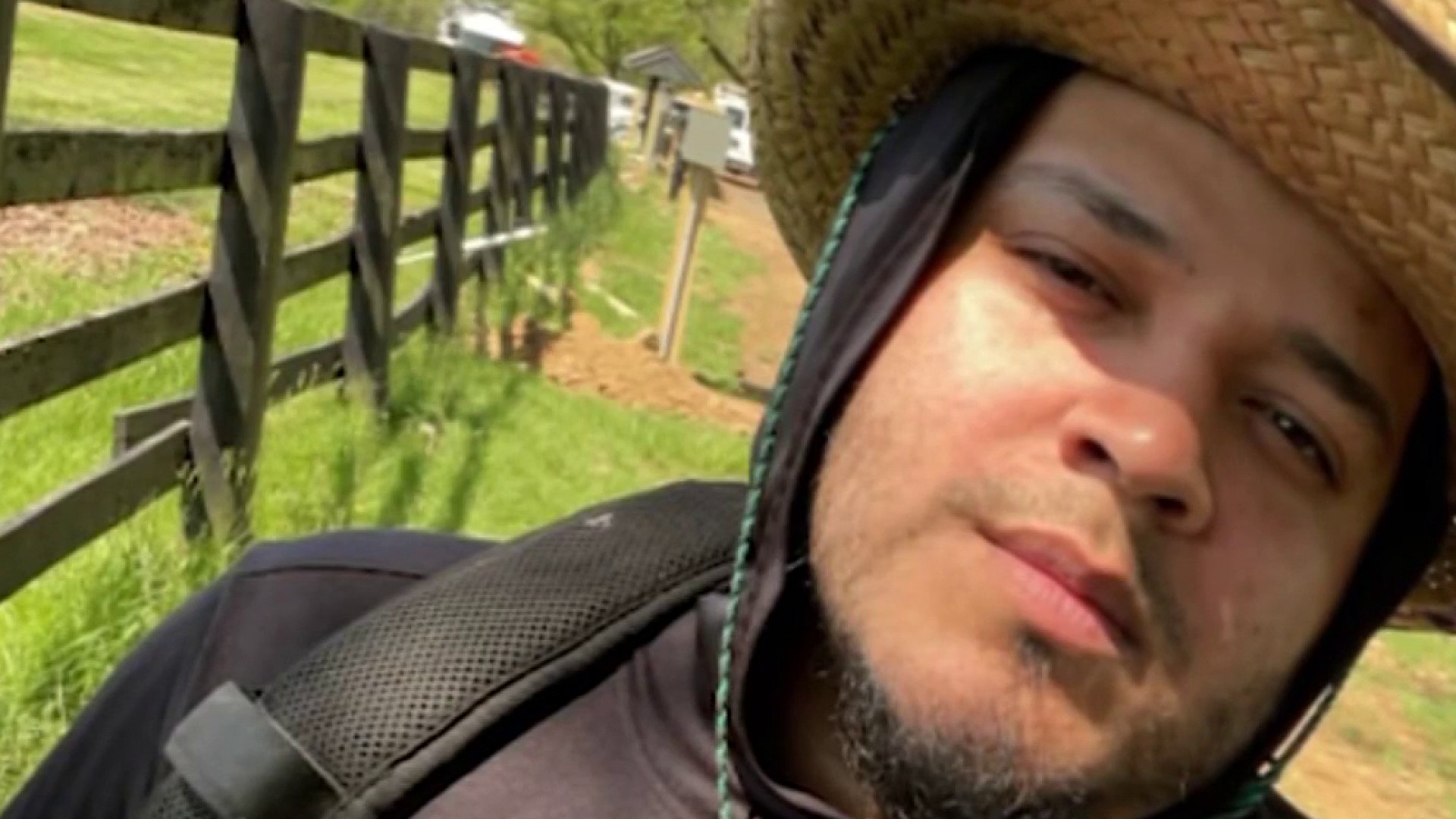Almost a month after a Maryland man was detained by ICE and deported in error to prison in El Salvador, the Supreme Court is considering his case. News4’s Paul Wagner tells where his case stands.
Almost a month after a Maryland man was detained by Immigration and Customs Enforcement and mistakenly deported to prison in El Salvador, the Supreme Court is considering his case.
Kilmar Abrego Garcia’s deportation and the legal battle that has followed is being seen as a test case on the Trump administration’s deportation authority.
Stream NBC4 newscasts for free right here, right now.
The Supreme Court is weighing arguments from Abrego Garcia’s lawyer and the Trump administration’s lawyer.
In a new filing Tuesday, Solicitor General D. John Sauer argued the preliminary injunction filed by Judge Paula Xinis should be vacated because “the court’s order takes the remarkable and unprecedented step of compelling the United States to succeed by 11:59 p.m. yesterday in negotiating Abrego Garcia’s release and return from El Salvador or face contempt.”
We have the news you need to know to start your day. Sign up for the First & 4Most morning newsletter — delivered to your inbox daily.
Sauer went on to write, “…courts cannot order the Executive to conduct the country’s foreign relations in a particular way because under Article II ‘the transaction of business with foreign nations is executive altogether.’”
Abrego Garcia’s lawyer, Simon Sandoval-Moshenberg, has argued if the government of El Salvador can give a tour of the prison to Homeland Security Secretary Kristi Noem, they can remove Abrego Garcia and send him home. He said he has cases in which ICE has admitted its mistakes and tried to correct them.
“What happened to Kilmar is not out of the ordinary. There have been wrongful deportations in the past and in every prior such case, the United States government has really bent over backwards to fix it, to make it right, to bring the person back,” he said. There is plenty of case law and cases in which this has occurred.”
In a friend of the court brief file with the Supreme Court, three constitutional law professors, including Harvard professor emeritus Laurence Tribe, wrote: “In this case the Executive Branch is effectively asserting absolute, unreviewable authority to remove an individual from the United States even where the removal was in conceded violation of a court order.”
They went on to say, “If the Solicitor General’s argument were correct, the Executive Branch would possess a shuddering degree of power – power that the President could wield in extreme and extraordinary ways, including against American citizens that the President simply disfavors.”





